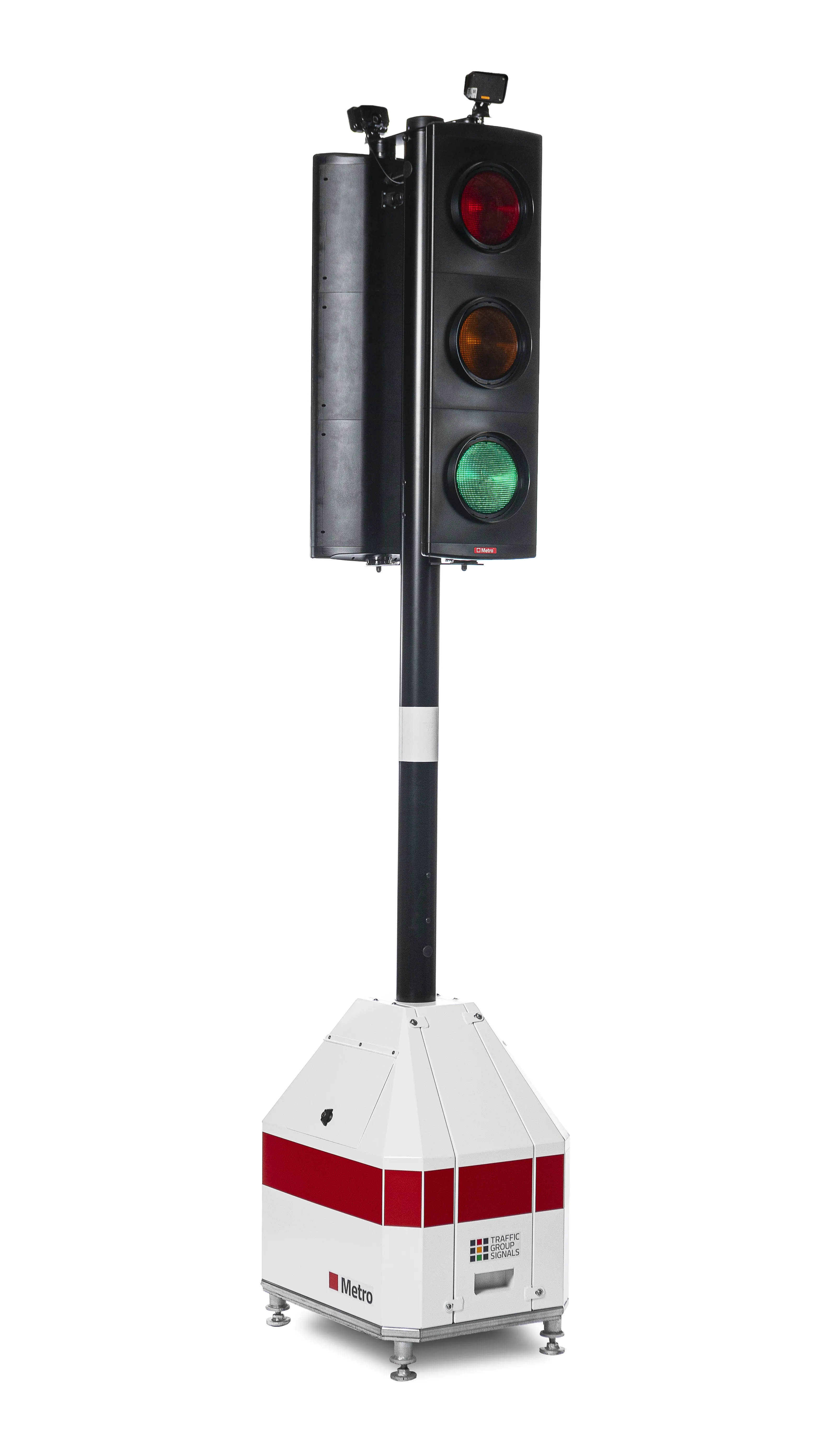The city of White Plains in New York is deploying a new SCATS-based adaptive traffic signal control system from TransCore. The system will collect real-time information and then adjust signal timing parameters on a cycle-by-cycle basis on one of the city’s major arterials. Previous conventional traffic control techniques, such as time-of-day signal timing and responsive timing plan selection, were not able to accommodate all the variable and unpredictable traffic conditions experienced on the Tarrytown Road
June 25, 2012
Read time: 1 min
The city of White Plains in New York is deploying a new SCATS-based adaptive traffic signal control system from 139 Transcore. The system will collect real-time information and then adjust signal timing parameters on a cycle-by-cycle basis on one of the city’s major arterials. Previous conventional traffic control techniques, such as time-of-day signal timing and responsive timing plan selection, were not able to accommodate all the variable and unpredictable traffic conditions experienced on the Tarrytown Road, a major arterial that carries around 60,000 vehicles daily and serves as a primary route for commuter access to and from downtown White Plains. Tarrytown Road is also the primary route when traffic is diverted from I-287 and experiences fluctuation in demand throughout the day with significant congestion during morning and afternoon peak traffic hours.










